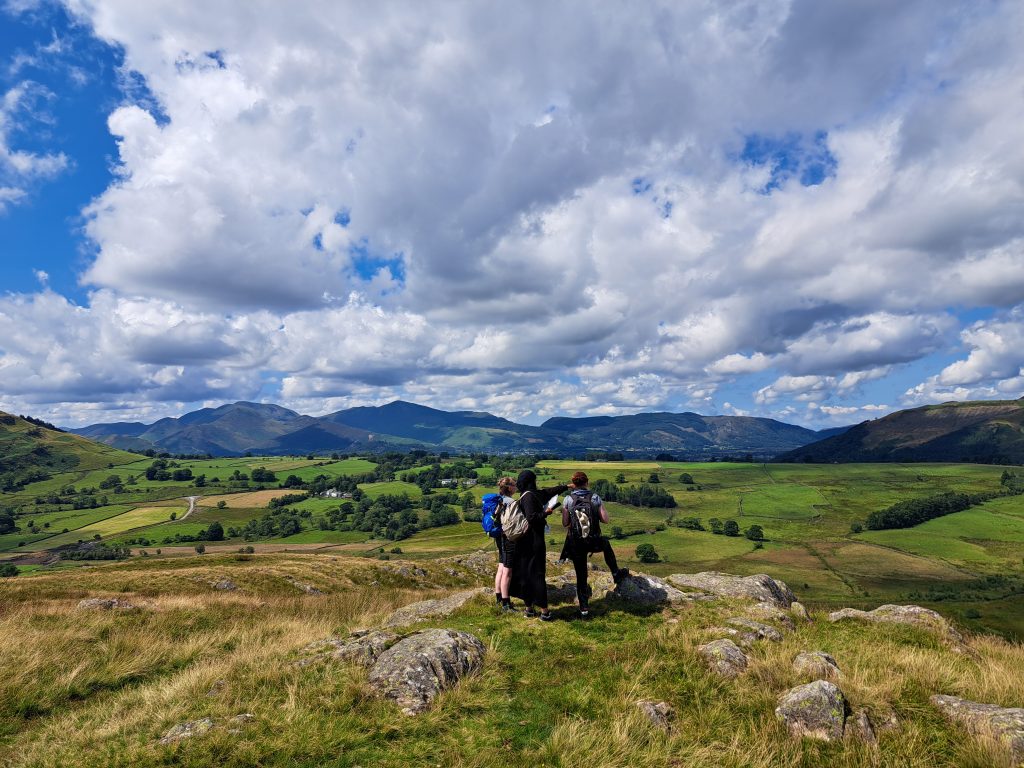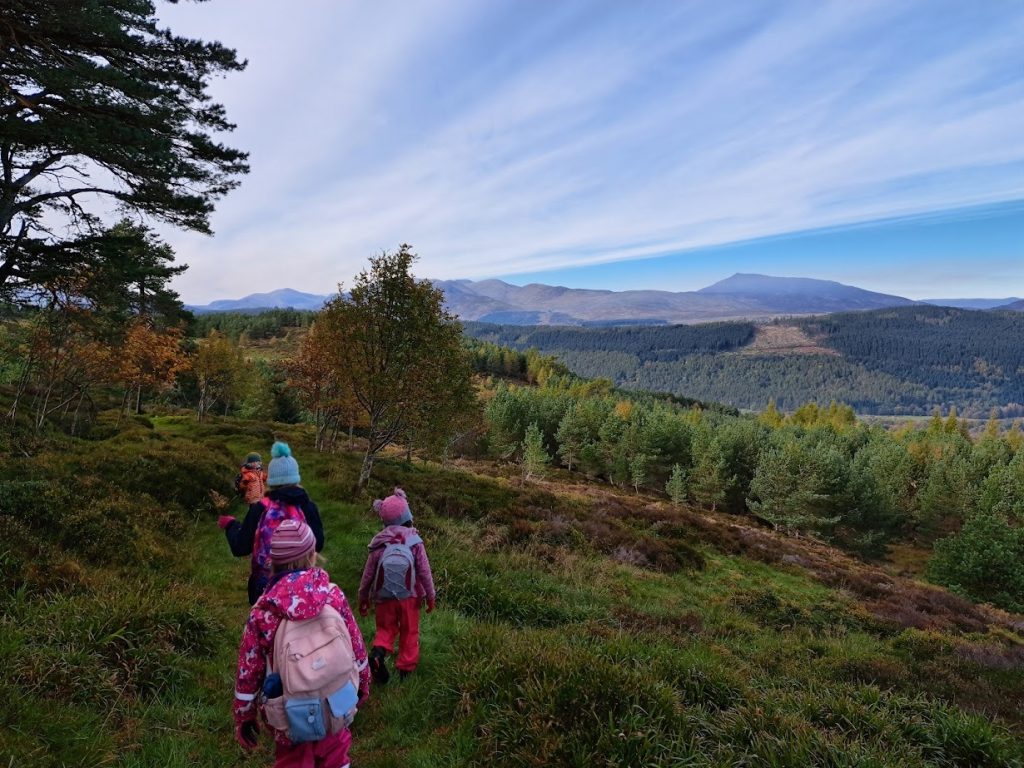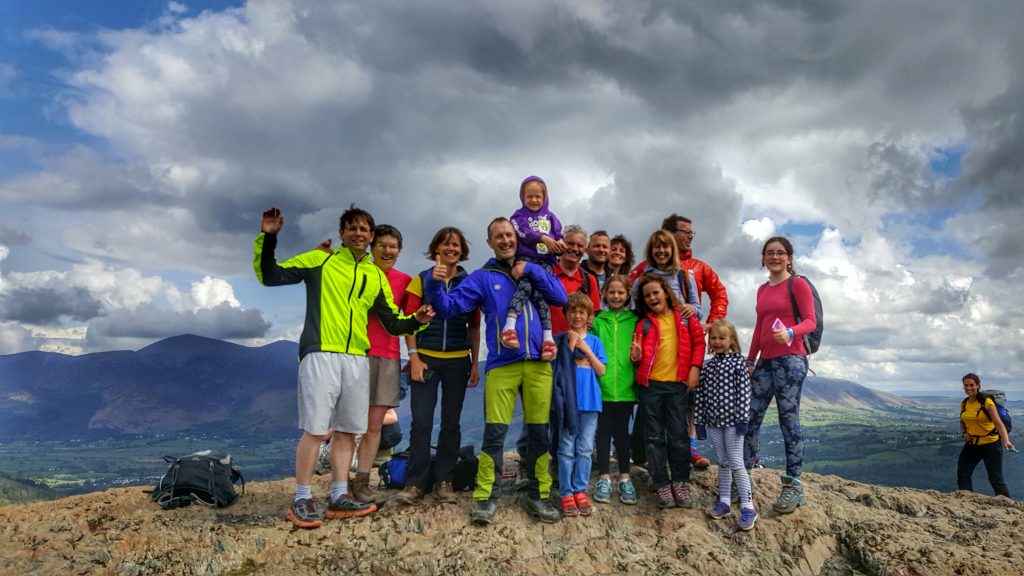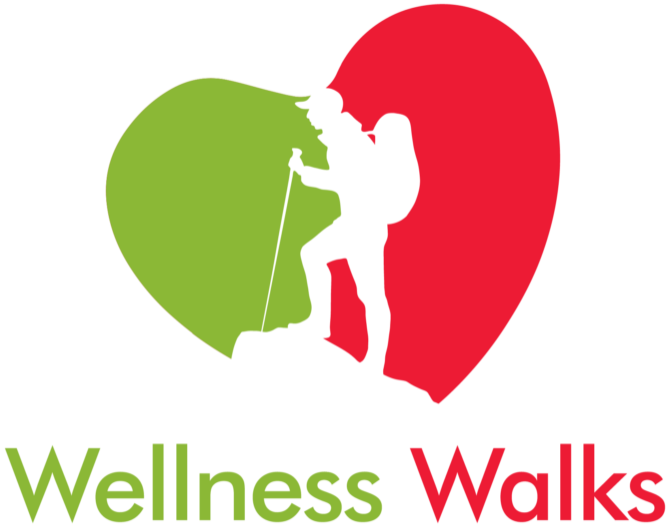Things to think about
In an increasingly digital world, practical outdoor skills are becoming less common. Skills like navigation, basic survival knowledge, and nature awareness are often overshadowed by tech-based activities. Yet these skills are vital, especially for families. Participating in family adventure days that teach these skills can strengthen family bonds, build resilience, and foster a love for nature. Research shows that engaging in outdoor activities as a family supports emotional connections, enhances problem-solving abilities, and contributes to mental well-being.
The Disappearance of Outdoor Skills
One reason for the decline in these skills is urbanisation. More families live in cities, with limited access to natural spaces. Additionally, children spend less time outside due to screen-based entertainment, which has been linked to lower physical activity levels and reduced outdoor competency. According to a report by Natural England, fewer than 10% of children regularly play in natural environments, a significant drop compared to past generations. Without regular exposure, kids miss the opportunity to develop outdoor skills, making them less prepared for even simple adventures.

Importance of Outdoor Adventure Skills
Outdoor skills are more than just survival tools—they build confidence and encourage critical thinking. When families engage in nature-based activities, they encounter scenarios requiring teamwork and adaptability, which strengthens family cohesion. A study published in Nature found that nature-based activities positively impact both individual mental health and social bonding. This time together away from routine pressures fosters genuine interaction, allowing family members to communicate and support each other.
Learning navigation, for instance, teaches children the importance of spatial awareness and self-reliance. These skills enhance their sense of direction, boost decision-making abilities, and build independence. Additionally, skills like these are linked to increased resilience. Knowing they can find their way or manage a hike creates a foundation for children and adults to tackle everyday challenges with greater confidence.
Building Social and Personal Resilience
Outdoor skills not only create personal resilience but also reinforce social resilience. Family members learn to depend on each other for encouragement and problem-solving, strengthening their trust and teamwork. Activities like hiking and navigation encourage perseverance, which translates into other aspects of life. Experiencing minor setbacks—like taking a wrong turn or facing rough weather—teaches families to adapt and persevere, fostering an attitude of resilience.
Resilience built through outdoor adventures can also reduce stress. Engaging in green spaces has been shown to decrease cortisol levels, the body’s primary stress hormone. A family that spends regular time outdoors experiences these physiological benefits together, reinforcing positive emotional connections and mutual support systems.

Family Adventure Days as a Solution
Programs like Wellness Walks’ Family Adventure Skills Day offer families a unique opportunity to reconnect with nature and each other. These events provide structured, enjoyable experiences where both adults and children learn practical skills under the guidance of qualified instructors. For example, parents might practice navigation, while children engage in supervised adventures. These combined activities let families build essential skills in a safe, supportive environment.
Research supports the long-term benefits of family-based outdoor programs. The American Journal of Public Health found that families who participate in regular outdoor activities report stronger emotional bonds, improved mental health, and greater satisfaction in their relationships. Days like the Family Adventure Skills event also encourage families to carry these skills forward, inspiring future adventures and reinforcing the idea that time outdoors is time well spent.
Conclusion
Incorporating outdoor skills into family life fosters resilience, builds valuable life skills, and strengthens family bonds. Adventure days like those offered by Wellness Walks equip families with the tools to navigate life together, nurturing both personal and social growth. In a time when these skills are fading, such experiences offer a vital link to nature and each other.

Further Reading
Impact of Nature on Family Cohesion and Social Bonding
Maller, C., Townsend, M., Pryor, A., Brown, P., & St Leger, L. (2006). Healthy nature healthy people: ‘contact with nature’ as an upstream health promotion intervention for populations. Health Promotion International, 21(1), 45-54.
This study highlights the health and social benefits of spending time in nature, including enhanced social connections and increased family bonding, which are key to building resilient and supportive relationships.
Benefits of Outdoor Play for Children’s Development and Skills
Gill, T. (2014). The Benefits of Children’s Engagement with Nature: A Systematic Literature Review. Children, Youth and Environments, 24(2), 10-34.
This review discusses how engaging children with nature develops essential skills such as critical thinking, problem-solving, and social competence. It supports the idea that outdoor skills help build resilience and self-confidence, especially when learned in a family context.
Outdoor Adventure for Social and Personal Resilience
Ungar, M. (2011). The Social Ecology of Resilience: Addressing Contextual and Cultural Ambiguity of a Nascent Construct. American Journal of Orthopsychiatry, 81(1), 1–17.
This paper discusses how outdoor adventure and challenging environments can enhance resilience by teaching individuals to adapt to adversity. When done as a family, such experiences contribute to the development of social resilience through shared learning and mutual support.
Sharing is caring!

